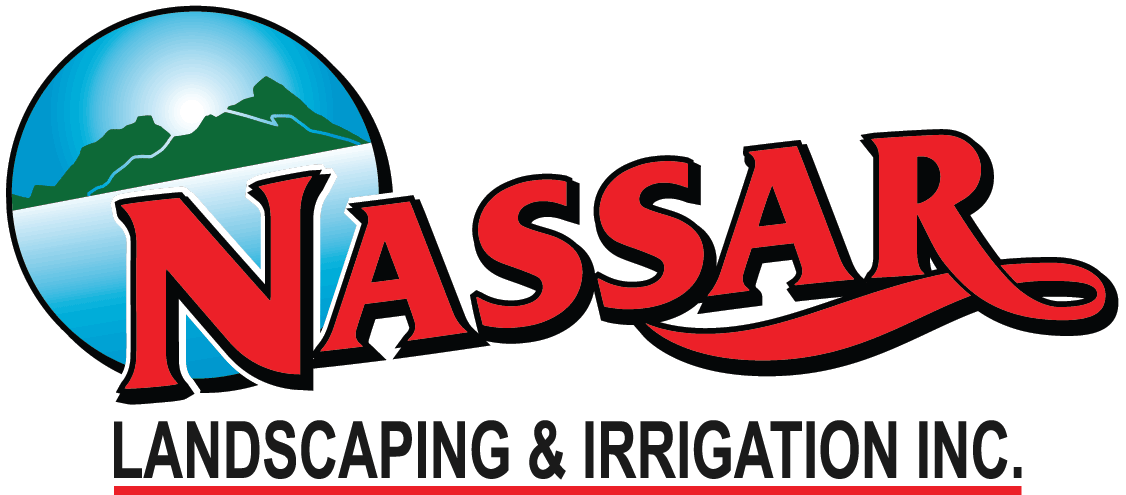
Here’s an article from hunker.com by Heath Robert about winterizing your sprinkler system.
Sprinklers help keep your lawn properly watered and looking its best. But at the end of the watering season, it’s important to winterize your sprinklers so that the water does not freeze inside the system and cause damage. Understanding more about the timing of winterization, and the possible effects of not doing so on time, will help you make an informed decision about when it’s time to winterize your sprinkler system.
Watching the Weather
When temperatures start to fall, it’s time to consider winterizing your sprinkler system. Your lines must be drained or blown out using an air compressor before the first hard freeze. A hard freeze is when the outdoor air dips below 0 degrees Fahrenheit. Below the freezing point, some of the most critical components of a sprinkler system can be damaged. Keep an eye on the local weather reports in the newspaper or on television for when the first freeze of the year is expected. As a general rule, you should winterize your system at least a week before the first freeze is expected. Your grass will survive without regular watering during that time, as the plants are already preparing for the dry winter season.
Effects of Frozen Pipes
If you fail to blow out your pipes before the first freeze of the season, it’s likely that the water inside will freeze. With no room for the freezing water to expand, the pipes can crack or burst in large sections. Frozen pipes are one of the most costly and difficult repairs to make, given that the pipes are installed underground. The key to avoiding this type of damage is to drain as much water as possible from the lines before they freeze.
Effects of Frozen Sprinklers
Water can also freeze inside sprinkler heads themselves. As the frozen water expands, the pressure from the ice can pop off sprinkler heads. Another possible effect is that the water will expand inside the plastic body of the sprinkler, cracking the sprinkler down the side. Water can also freeze inside the small supply tube that pushes the nozzle above ground. Any of these problems requires you to replace the entire sprinkler head with a new unit.
Effects of Frozen Manifolds
The manifold is the heart of you sprinkler system. This device consists of a main pipe and several valves attached. The valves control the flow of water from the manifold main line to the rest of the sprinklers. If water is allowed to freeze inside the main pipe, it can crack the plastic and damage the attached valves. Replacing a damaged manifold is the most labor-intensive part of any sprinkler repair and should be avoided by draining as much water as possible from inside the manifold. Most manifolds have a drain cap installed for easy draining.

